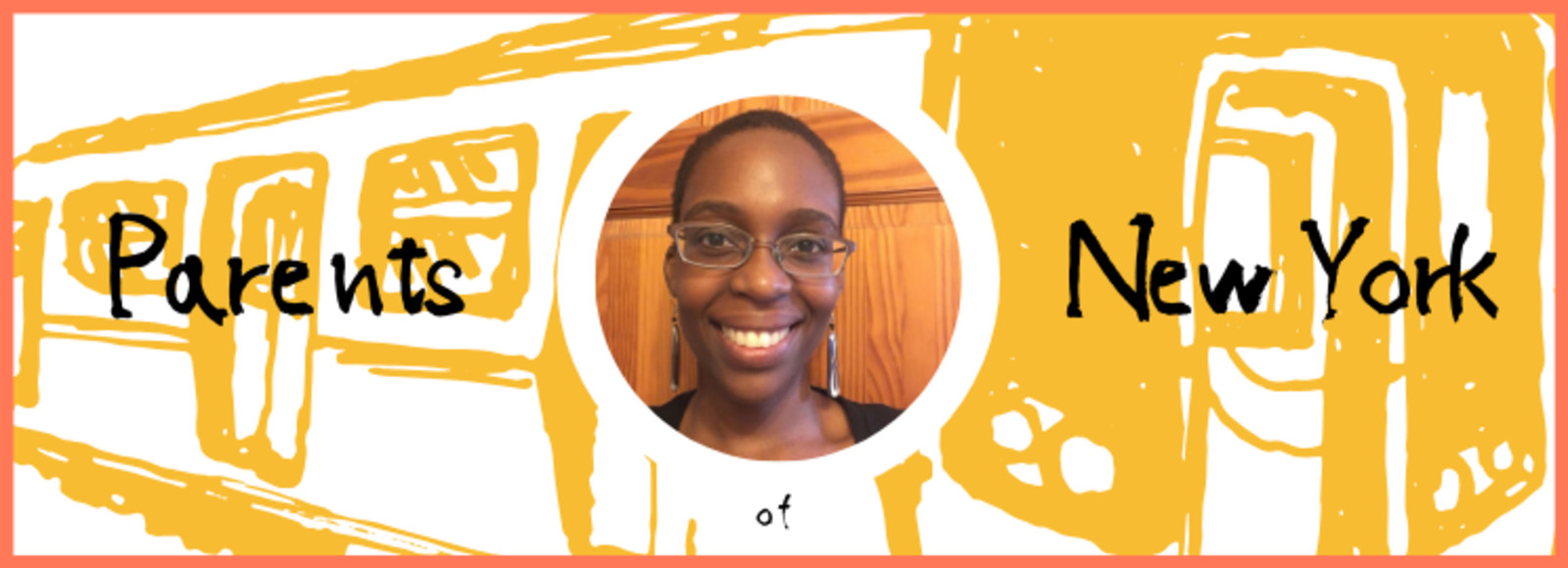Parents of New York: Does everyone feel welcome?

Parents of New York is an occasional post sharing the stories, ideas and perspectives of parents or caregivers with children in the New York City public schools. It is inspired by the popular Humans of New York website and book but is not connected to it. If you are interested in being interviewed email us at contact@insideschools.org and put "Parents of NY" in the subject line.
Hayley, parent of 2: a rising pre-k student & a middleschooler at MS 447
"Diversity is a big issue for me. I’m African American and my husband is Puerto Rican so my family is multicultural. In a school I want a good mix. There are standards set by the state to ensure all students at every school receive a similar education. So when I compare schools for my kids, I don’t tend to worry so much about the academics. I look at the student body, the PTA, the staff. Is there a good mix of wealthy, middle class, and working class families? Am I seeing a reflection of my own family? My mom and I are originally from the Lower East Side of Manhattan. Due to rising crime, we left when I was really young and moved around Brooklyn for a few years, which exposed me to different cultures for the first time. The high school I went to, Brooklyn Tech, was more diverse back then and I treasured that. I made Asian friends, Russian friends…I saw how they ate, how they dressed and it opened my eyes—to new food, a new neighborhood, someone else’s home and family life. There are inequities in the school system today. That’s been a bugaboo with me. I am on the School Leadership Team at my child’s middle school and they are trying to find ways to make the school more diverse. That’s great but it’s not just about seats and numbers, it’s also about students coming in feeling a part of the fabric of a school, on equal footing. My child’s school did overnight trips, and they were personally funded, or with money raised through candy sales. There were options for funding the trip if you couldn’t afford it, but the most popular solutions require families to be identified as 'needy'—either by self-identification or through second-hand reporting from teachers and other staff. I have been frustrated that less stigmatizing solutions are often dismissed. You’re saying, 'Let us know you’re poor so we can help you.' It can cause a family to say, 'Maybe I shouldn’t go, shouldn’t bother, I’m too much of a burden.' When thinking about schools and striving for equity, one question to ask is: Does everyone feel welcome, like an equal member, without stigma and judgment that others don’t have to worry about? Let’s problem-solve this. I think we can brainstorm and find a solution."
(Edited from a longer interview by Lydie Raschka)
Please Post Comments